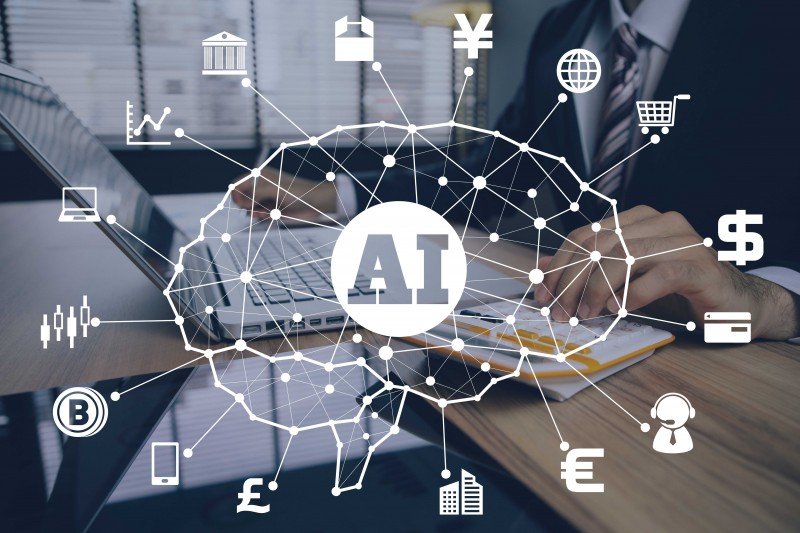Generative AI has rapidly evolved since late 2022, creating significant changes in various business sectors. By the end of 2024, this technology is expected to have a profound impact on economic growth and efficiency, particularly in developed economies. Here, we explore how generative AI is transforming industries, enhancing productivity, and driving economic growth.
The Rise of Generative AI
Generative AI refers to advanced machine learning models that can generate new content, such as text, images, and music, based on existing data. This technology has seen a surge in adoption across various industries due to its ability to automate complex tasks, enhance creativity, and improve decision-making processes.
Key Economic Impacts
- Increased Productivity:
- Efficiency Gains: Generative AI can perform tasks at unprecedented speeds, allowing businesses to achieve more in less time. For instance, AI can streamline supply chain and inventory management, significantly reducing costs and increasing revenue.
- Enhanced Customer Service: AI-driven customer service tools can handle inquiries and resolve issues quickly, improving customer satisfaction and reducing the workload on human agents.
- Boosting Innovation:
- New Product Development: Generative AI enables companies to innovate by creating new products and services. Its ability to analyze vast datasets and generate creative solutions helps businesses stay ahead of the competition.
- Research and Development: AI supports R&D by processing and interpreting complex data, leading to faster breakthroughs and more efficient use of resources.
- Labor Market Transformation:
- Job Evolution: While some fear that AI might replace jobs, it is more likely to transform them. Generative AI can take over repetitive tasks, allowing employees to focus on more strategic and creative work.
- Skill Development: The rise of AI necessitates new skills in the workforce. Companies are investing in training programs to equip their employees with the necessary AI-related skills, fostering a more dynamic and capable workforce.
Challenges and Considerations
- Data Privacy and Security:
- Risk Management: The deployment of generative AI comes with risks such as data privacy breaches and cybersecurity threats. Organizations must implement robust security measures to protect sensitive information.
- Ethical and Regulatory Concerns:
- Responsible AI Use: As generative AI becomes more prevalent, there is a growing need for ethical guidelines and regulatory frameworks to ensure its responsible use. This includes addressing issues related to bias, transparency, and accountability.
- Economic Inequality:
- Bridging the Gap: There is a potential risk that generative AI could widen the economic gap between countries and within societies. Policymakers must ensure that the benefits of AI are distributed equitably, promoting inclusive growt.
Conclusion
Generative AI is set to drive significant economic transformation by enhancing productivity, fostering innovation, and reshaping the labor market. However, realizing its full potential requires addressing challenges related to security, ethics, and inequality. As businesses and governments navigate these complexities, generative AI promises to be a pivotal force in the global economy’s future.
Save Money Effectively
Want to know how to boost your savings quickly? Check out our article Boost Your Savings: 10 Fast and Easy Ways to Save Money Now for practical tips on saving money efficiently and reaching your financial goals faster.





